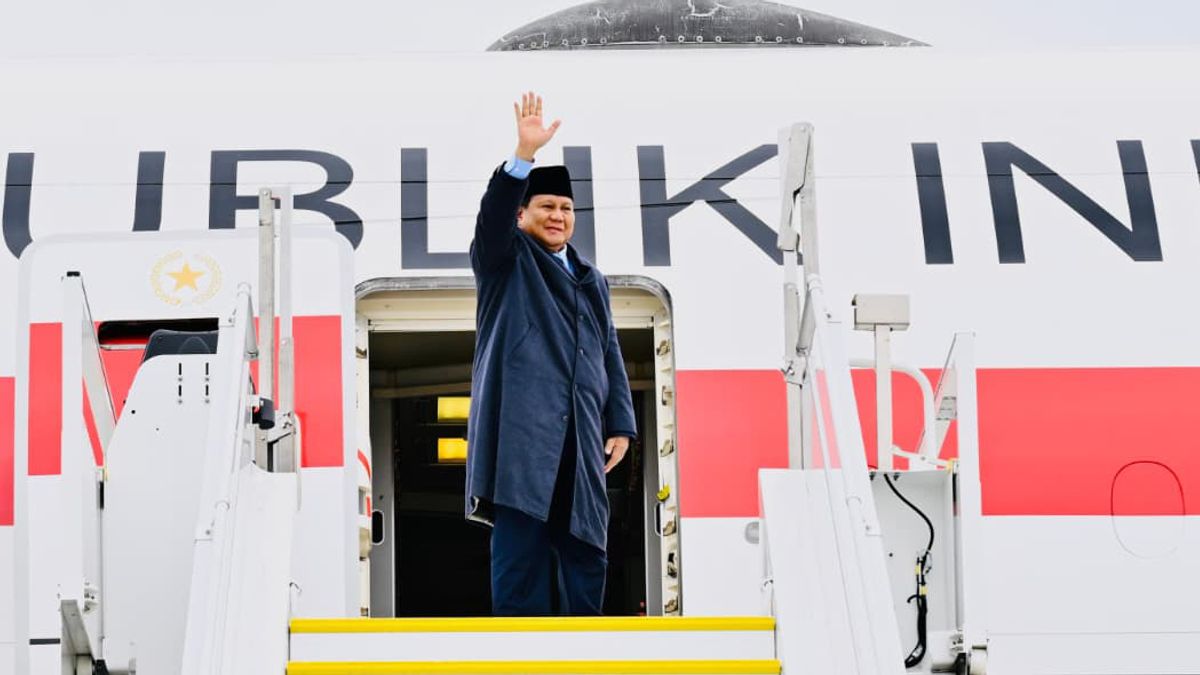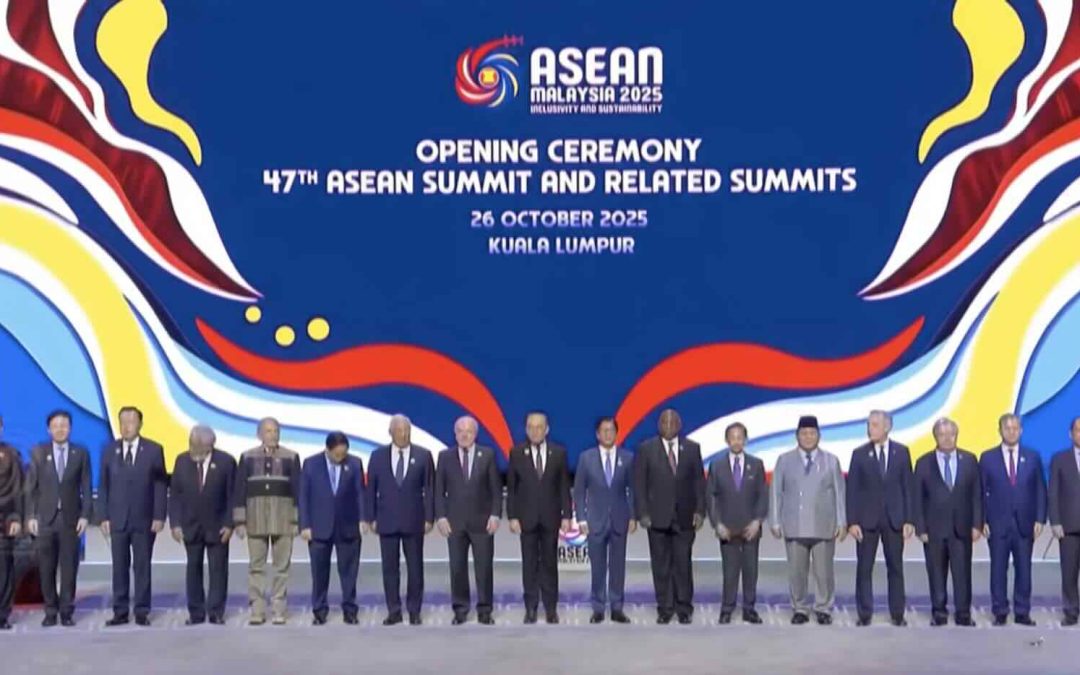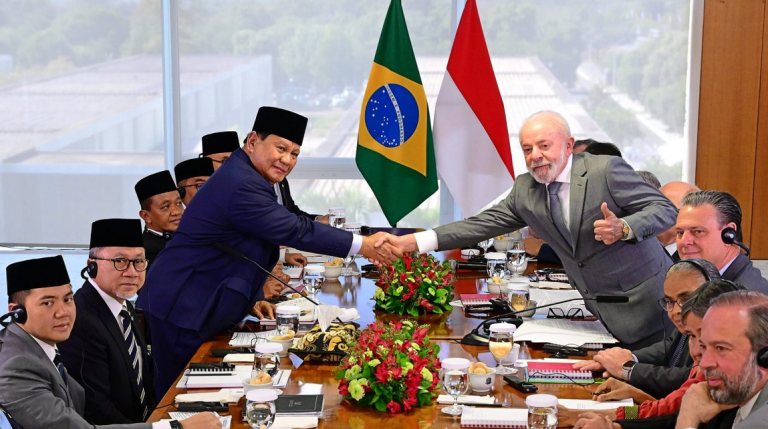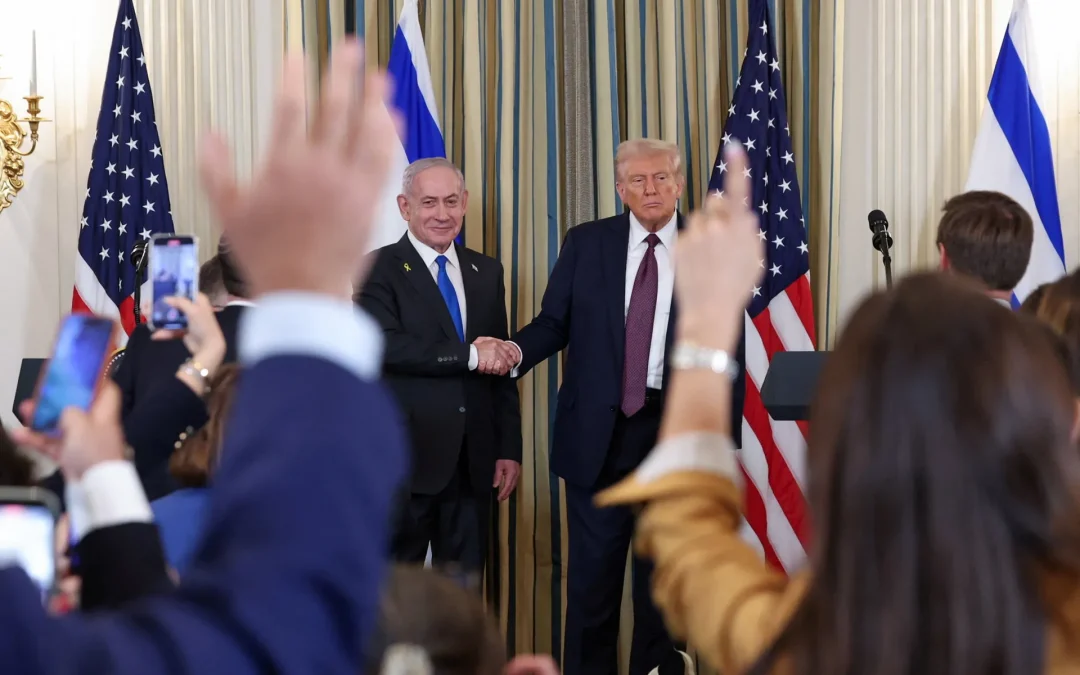The Garuda Indonesia-1 aircraft carrying President Prabowo Subianto and his entourage landed at Halim Perdanakusuma Air Force Base, Jakarta, on Saturday, September 27, 2025. The return marked the end of a six-day diplomatic tour to four strategic countries: Japan, the United States, Canada, and the Netherlands. This trip was not merely symbolic, but yielded concrete achievements in the fields of economy, politics, defense, and culture.
Stopover in Japan: Investing in Expo Osaka 2025

Japan was President Prabowo’s first destination. Although the visit was brief, the visit to the Indonesian Pavilion at Expo Osaka 2025 had a significant impact. Minister of National Development Planning Rachmat Pambudy reported that Indonesia had secured investment commitments worth USD 23.8 billion (Rp380 trillion). This figure shows that Indonesia’s attractiveness as an investment destination remains high, while also confirming Indonesia’s strategic position in East Asia.
United States: Speech at the UN General Assembly and Sports Diplomacy
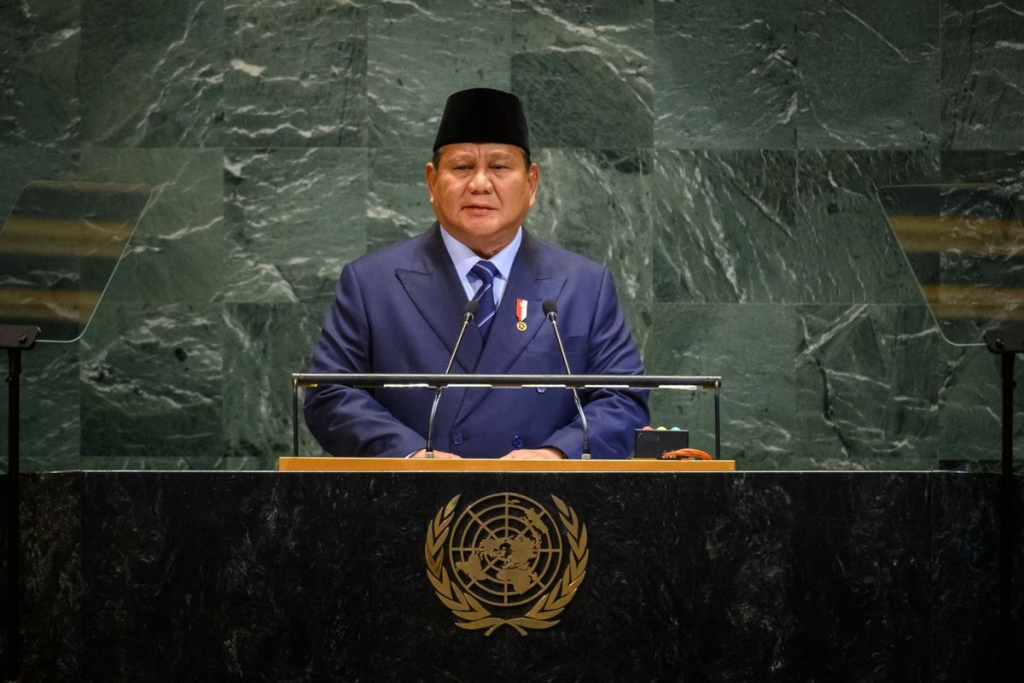
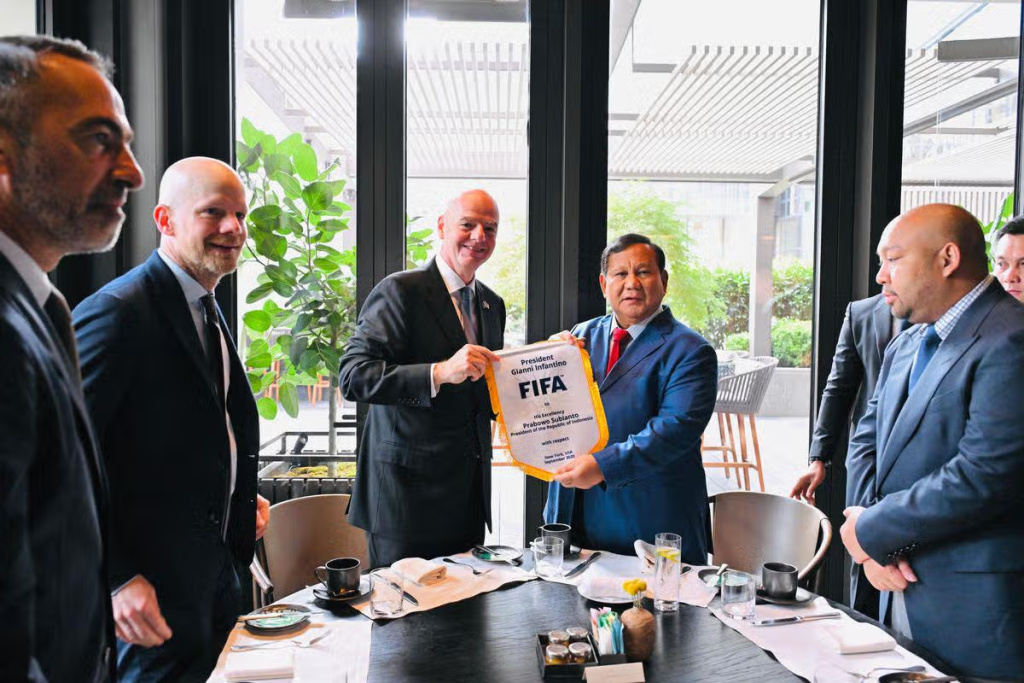
On September 23, 2025, in New York, President Prabowo had the opportunity to deliver a speech at the UN General Assembly, third in line after Brazil and the United States. The bold, firm, and concrete content of the speech received widespread appreciation from world leaders, including the US President, the Canadian Prime Minister, the King of the Netherlands, and French President Emmanuel Macron. This momentum strengthened Indonesia’s image as a vocal and relevant actor in global issues.
In addition to multilateral forums, President Prabowo also engaged in sports diplomacy by meeting with FIFA President Gianni Infantino. The meeting resulted in FIFA’s support for the development of youth soccer academies in Indonesia, as well as providing moral support for the Indonesian national team, which is currently facing World Cup qualifiers. This diplomacy confirms that soft power through sports is an integral part of Indonesia’s foreign policy.
Canada: A New Economic and Defense Milestone

A brief visit to Ottawa yielded strategic achievements. Indonesia and Canada signed the Indonesia–Canada Comprehensive Economic Partnership Agreement (ICA-CEPA) after a long negotiation process, which will come into effect in 2026. This agreement includes Canada’s commitment to remove 90.5 percent of import tariffs on Indonesian products, which is a great opportunity for the national export sector, ranging from textiles, agricultural products, furniture, to electronics. Conversely, Indonesia, which opened 85.8 percent of its tariff lines, showed its courage to further integrate itself into the global market. The projected increase in exports to USD 11.8 billion by 2030 and an additional 0.12 percent GDP growth are concrete examples of the long-term benefits offered.
Nevertheless, the strategic value of ICA-CEPA extends beyond economic aspects. The agreement also emphasizes sustainability, intellectual property rights protection, and MSME empowerment. In essence, Indonesia and Canada are crafting a new model of partnership that fuses commercial interests with inclusive and sustainable development values.
In addition to the economic dimension, Prabowo’s visit also strengthened the bilateral defense pillar. Through the signing of a memorandum of understanding in the field of defense, the two countries opened up opportunities for collaboration in military exercises, educational exchanges, and defense industry development. Canada’s participation in the Super Garuda Shield exercise reflects its recognition of Indonesia’s strategic role in the Indo-Pacific, while also providing opportunities for knowledge transfer in the field of defense technology.
The Netherlands: Historical Reconciliation and Cultural Enrichment
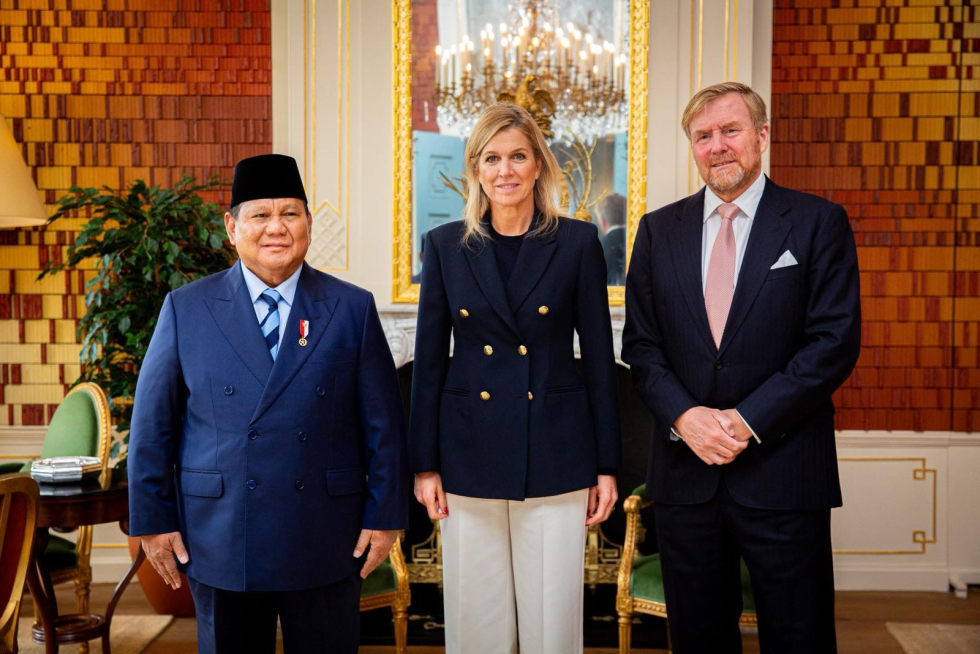
The trip concluded with a visit to the Netherlands. President Prabowo was received by King Willem-Alexander and Queen Máxima at Huis ten Bosch Palace. This meeting resulted in an important agreement regarding the return of around 30,000 Javanese artifacts, fossils, and cultural documents that had been stored in the Netherlands. The agreement not only strengthens cultural diplomacy, but also symbolizes historical reconciliation between the two countries. The return of these artifacts contributes to Indonesia’s efforts to restore its national cultural heritage and repair the collective memory that was divided by colonialism.
Written by: Nazwa
Reference:

